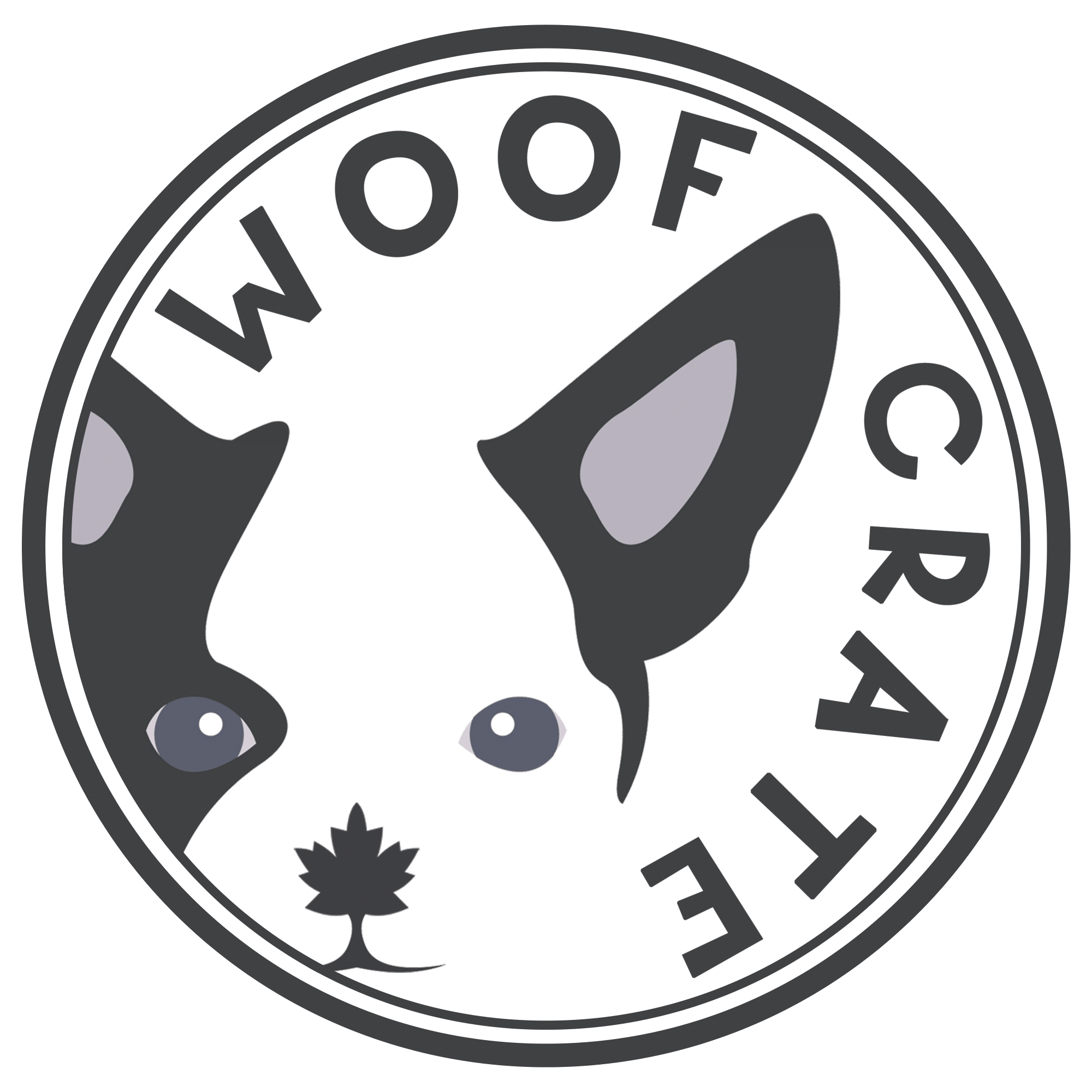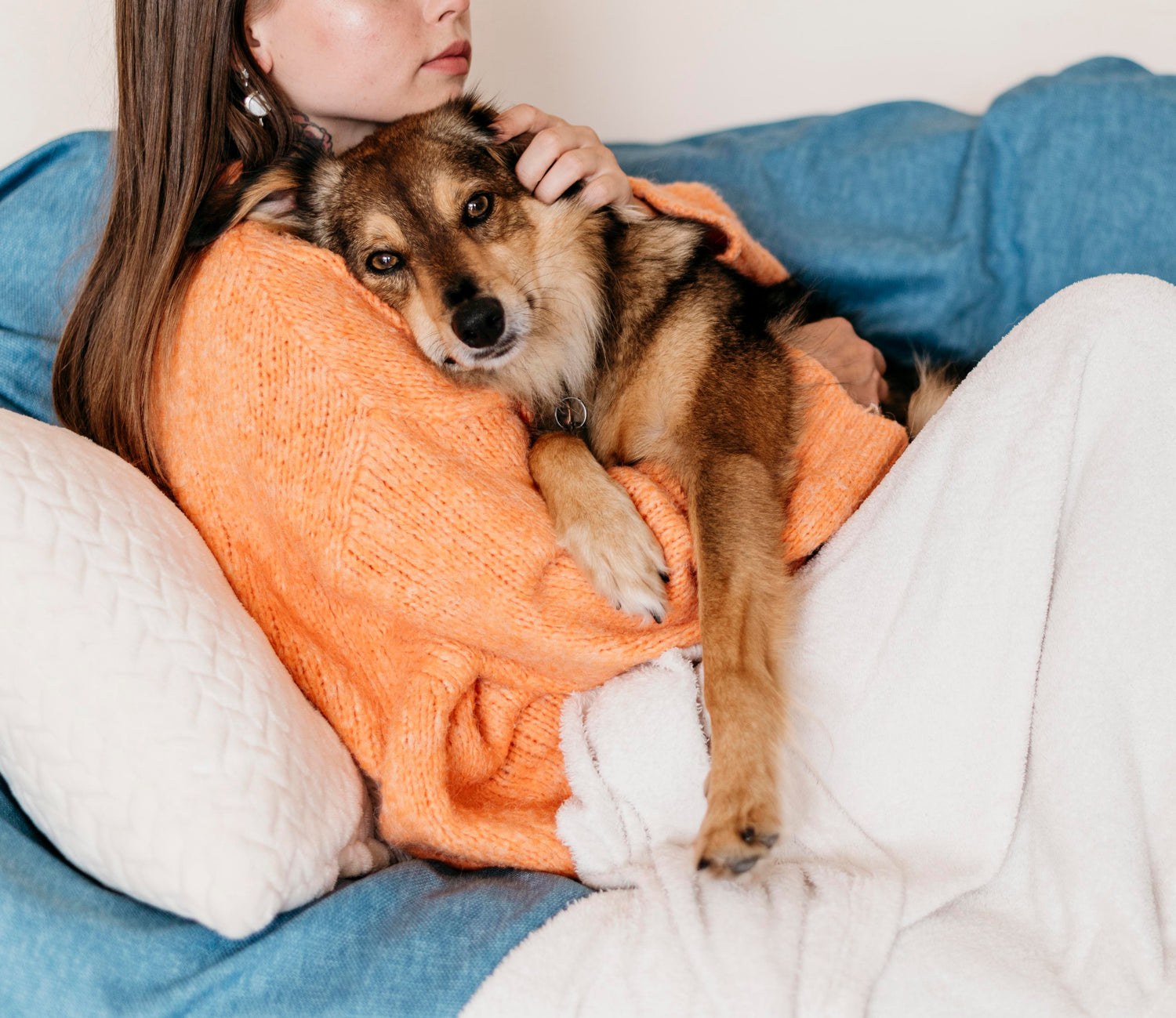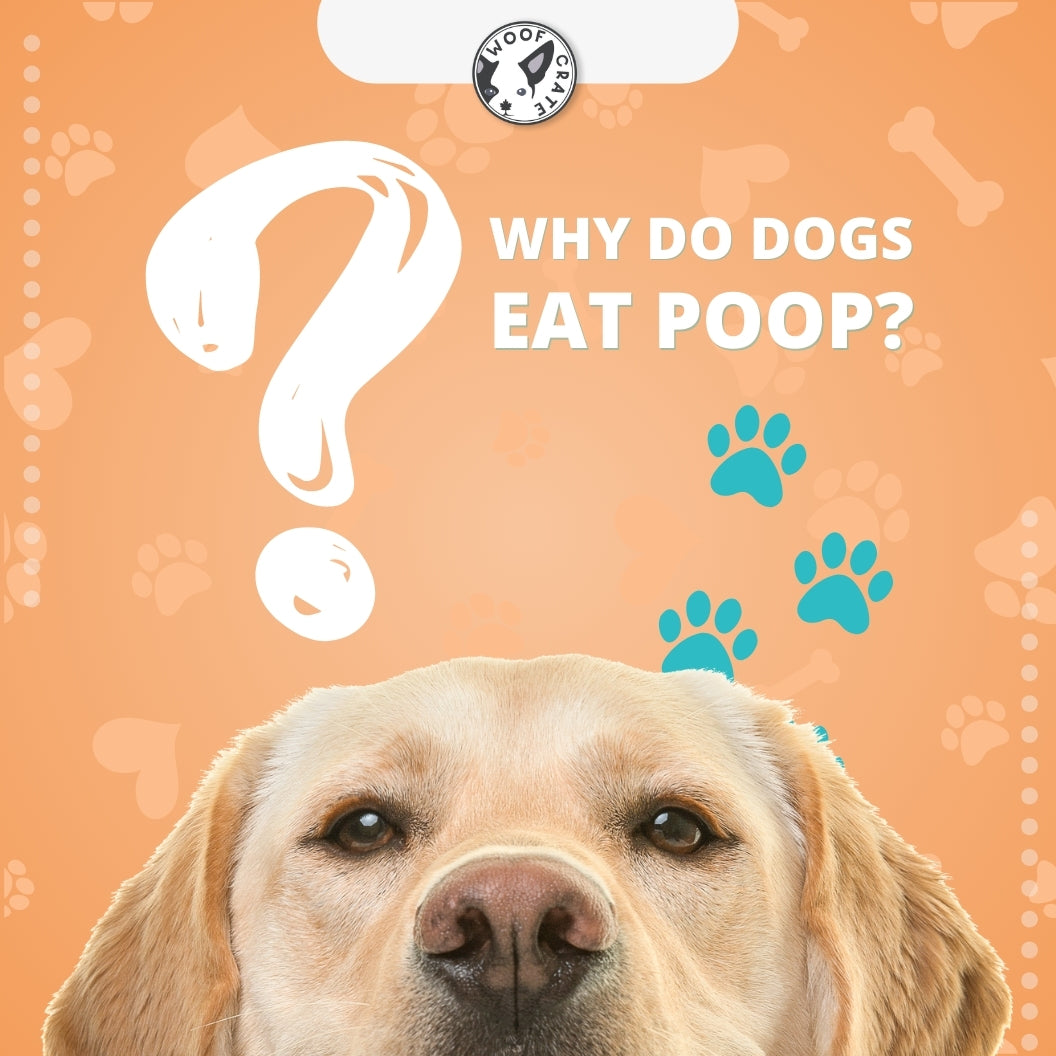Ah, the dreaded flu season! As you battle the annual onslaught of sniffles and coughs, you can't help but glance anxiously at your loyal canine companion. Can they fall ill like us? Can dogs catch our cold or flu? If you've ever found yourself pondering these questions, you're not alone. In this blog post, we're setting out to demystify the concept of canine colds and flus. We'll delve into the symptoms, causes, treatments, and preventative measures for your fur buddy. So, let's "paws" the worry and start learning!

Understanding Dog Colds and Flu
While dogs can't catch our colds or flu, they can suffer from their own versions of these illnesses. Much like in humans, canine colds and flu are primarily caused by a range of viruses that result in similar symptoms - it's not a one-size-fits-all scenario.
You might be familiar with the term "kennel cough," which is a highly infectious respiratory disease dogs can catch, but the common cold is a different matter. Dog colds can be caused by several viruses, such as the Canine Parainfluenza Virus or Bordetella bronchiseptica. And just like us, our furry friends can catch the influenza virus, more commonly known as the dog flu.
Now, it's important to note that while these illnesses may present similar symptoms, they're not the same as the cold or flu viruses that affect humans. This is due to the species-specific nature of viruses, meaning the ones that make us sneeze and cough generally won't have the same effect on our four-legged friends. So the next time you have a flu, rest assured that your cuddly comforter is safe from your sneezes!

Symptoms of Cold in Dogs
If you've ever caught a cold, you're all too familiar with the symptoms: a runny nose, watery eyes, frequent sneezing, and perhaps even a bout of coughing. Dogs, too, exhibit quite similar symptoms when they catch a cold. Let's list down the common signs that your dog might have caught a cold:
- Frequent sneezing
- A cough that could sound dry and harsh
- A runny or congested nose
- Watery or runny eyes
- Mild fever (sometimes)
- General lethargy or decreased energy levels
- Reduced appetite
These symptoms can sometimes be a sign of a common cold in dogs. However, they could also indicate more serious conditions such as kennel cough, canine distemper, or the influenza virus (dog flu). It's crucial to monitor these symptoms and consult with a veterinarian if they persist or if your dog's condition appears to worsen.
Remember, early detection can help ensure your pet receives the appropriate treatment promptly, ensuring a faster recovery.
Cold vs. Kennel Cough
Just as the common cold and the flu are different in humans, there's a key distinction to be made between a cold and kennel cough in dogs. Kennel cough is a highly contagious respiratory disease, generally more severe than a common cold, and is often contracted in places where dogs congregate, like kennels, dog parks, or doggy daycare. Hence, the name "kennel cough."
While both ailments can cause sneezing, a runny nose, and lethargy, kennel cough has a few telltale signs:
- A persistent, forceful cough that might sound like a goose honk, which is typically dry.
- Potential loss of appetite and low fever.
If your pet is showing these symptoms, it's important to consult your veterinarian promptly. Although kennel cough is usually treatable, it can have severe consequences for puppies and older dogs with weakened immune systems. Knowing the difference between a cold and kennel cough is essential for your pet's health.
For an in-depth understanding; feel free to explore common diseases in dogs.

Treating a Dog with a Cold
Seeing your beloved pet sniffle and sneeze is never fun. But before you reach for over-the-counter human cold medicine, remember that what works for us may not necessarily be safe for dogs. So, how do you help your canine companion feel better?
Always Consult Your Vet: As soon as you suspect your dog might have a cold, your first course of action should be to contact a veterinarian. They can accurately diagnose the problem and recommend appropriate treatments, whether it's a mild cold or something more serious.
Home Remedies: If your vet has confirmed that your dog's symptoms are indeed due to a cold and it's safe to treat at home, you can:
- Encourage your dog to rest and drink plenty of fluids.
- Wipe your dog's nose and eyes gently with a damp, warm cloth to help clear away any discharge.
- Use a humidifier, or let your dog sit in the bathroom while you take a hot shower. The humid, warm air can help alleviate congestion.
Nutrition: Ensure your dog continues to eat well. Proper nutrition is essential in aiding recovery as it supports their immune system in fighting off the infection. If your dog is reluctant to eat, consider warming their food slightly to enhance its smell, making it more enticing.
Also, while you're taking care of your under-the-weather pet, why not add some extra pampering? Our store's high-quality lick mats can provide a fun and soothing activity for your dog during this period. You can even try one of the 30 lick mat recipes we have on our blog to make the activity not only engaging but also nourishing for your furry friend.
Remember, patience and care are key when your dog is unwell. Make sure they're comfortable, keep a close eye on their symptoms, and follow your vet's advice. Soon enough, they'll be back to their playful, energetic self.

Can Dogs Get Colds From Humans?
It's a question that worries many pet parents, especially during flu season: can my dog catch my cold? The answer, for the most part, is no. Viruses are typically species-specific, which means the cold virus that affects humans doesn't usually affect dogs, and vice versa. However, it's worth noting that some viruses, like the H1N1 flu virus, have been known to cross species barriers, but this is quite rare.
This also means you don't have to worry about catching a cold from your dog. However, dog-to-dog transmission is possible. So, if you have multiple dogs and one gets a cold, it's important to isolate the sick dog to prevent the others from getting sick.
In the meantime, remember to keep your pets entertained and happy, even when they're not feeling their best. Our dog subscription box can help with that! Filled with durable toys, plush toys, and a variety of healthy dog treats from Canadian small businesses, it's the perfect pick-me-up for your furry friend. Plus, all of our treats are low ingredient, often single ingredient, and small batch, so you can rest assured you're giving your dog the best.
Can You Help Prevent Your Dog From Getting a Cold?
Unfortunately, there is currently no vaccine for the common cold in dogs, due to the vast number of viruses that can cause cold-like symptoms. However, you can still take steps to boost your dog's overall health and immune system:
- Maintain a balanced diet: A well-fed dog is a healthier dog. Feed your dog a balanced, nutrient-rich diet to keep their immune system robust. Our store offers a variety of healthy dog treats including jerky, cookies, and allergen-safe options.
- Keep them active: Regular exercise helps to keep your dog's body strong and its immune system functioning optimally.
- Regular vet visits: Regular check-ups allow your vet to keep track of your dog's health and address any issues before they become serious.
- Keep your dog's environment clean: A clean environment is less likely to harbor disease-causing organisms.
There are also vaccines available for some specific diseases such as kennel cough, distemper, and canine influenza viruses. It's recommended that you talk to your vet about these vaccinations and their suitability for your dog.
Remember, your dog's health is in your hands. By following these guidelines and with regular vet check-ups, you can keep your dog healthy, happy, and cold-free!
It's natural for us as pet parents to worry when our dogs show signs of being unwell. Understanding their symptoms and knowing how to react can go a long way in ensuring their speedy recovery. Here's a recap of the key points from this blog:
- Dogs can indeed get colds, but they cannot normally catch colds from humans, and vice versa.
- If your dog shows symptoms like sneezing, coughing, a runny or congested nose, or watery eyes, contact a vet immediately.
- Never give your dog over-the-counter human cold medicine without a vet's approval.
- Dogs can usually recover from a cold with plenty of rest, hydration, and a proper diet.
- Certain preventative measures, like a healthy diet, regular exercise, and maintaining a clean environment, can help keep your dog healthy and reduce the chances of them catching a cold.
In the end, it's about providing the best care for our furry friends. Whether they're battling a cold or just enjoying their everyday activities, they deserve all the love and care we can give. This includes nourishing them with wholesome treats and keeping them entertained with engaging toys.
Frequent Questions About Dog Colds
Can dogs catch a cold?
Yes, dogs can catch a cold, but it's typically a different type of virus than those that affect humans.
Can dogs catch a cold from humans?
No, under normal circumstances dogs cannot catch a cold from humans and vice versa. However, there are rare exceptions with certain types of viruses.
What are the symptoms of a cold in dogs?
Common symptoms of a cold in dogs include sneezing, coughing, a runny or congested nose, and watery eyes. If your dog displays these symptoms, contact a vet immediately.
How can I help my dog if they have a cold?
Provide your dog with plenty of rest, hydration, and a proper diet. Do not give your dog over-the-counter human cold medicine unless approved by a vet.
How can I prevent my dog from catching a cold?
While there's no certain way to prevent a dog from catching a cold, maintaining a healthy diet, regular exercise, a clean environment, and regular vet check-ups can help boost your dog's overall health and immunity.
What is the difference between a common cold and kennel cough in dogs?
While symptoms can be similar, kennel cough often includes a distinctive dry, honking cough. Both conditions should be diagnosed and treated by a vet.






Leave a comment
All comments are moderated before being published.
This site is protected by hCaptcha and the hCaptcha Privacy Policy and Terms of Service apply.